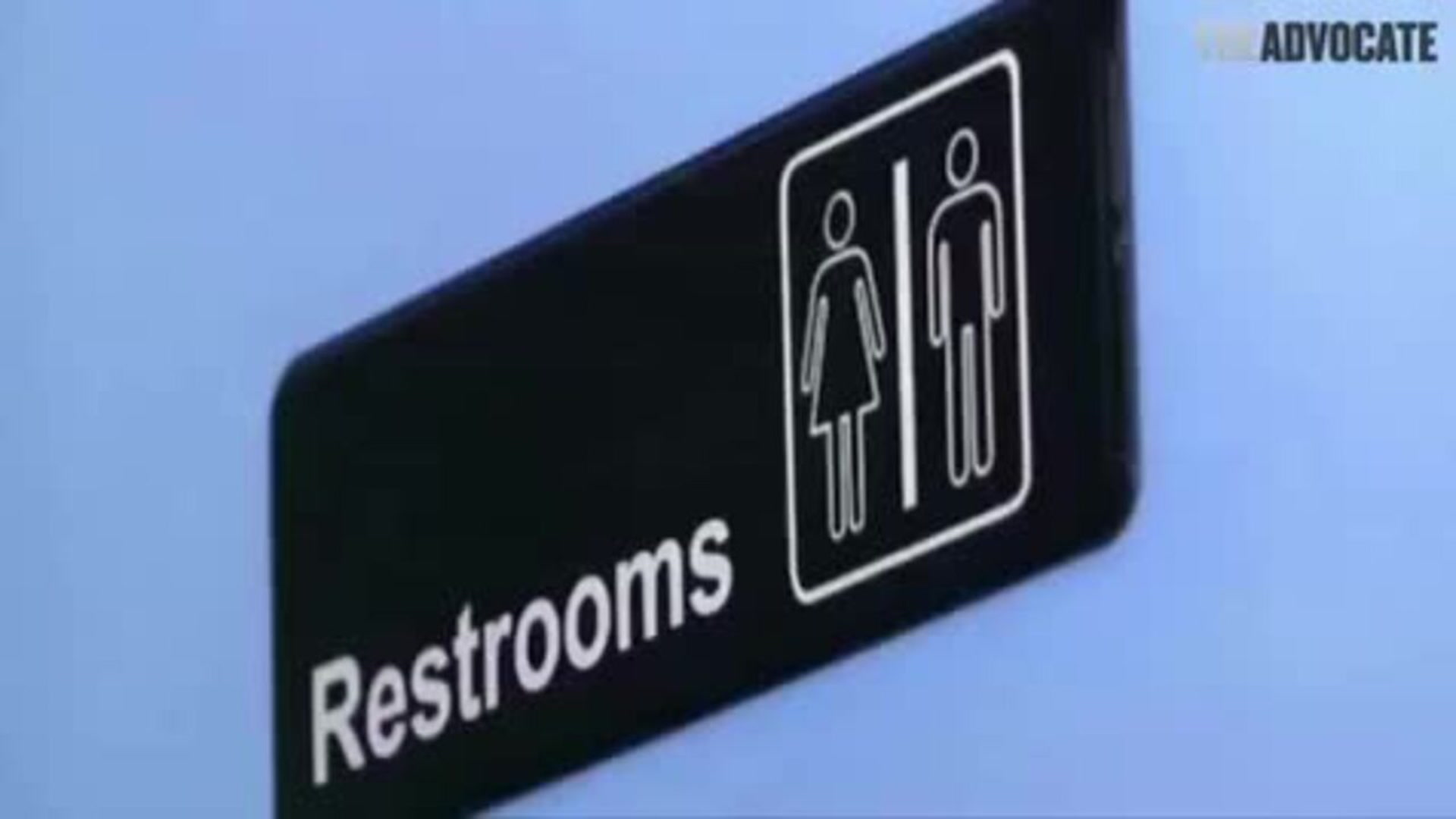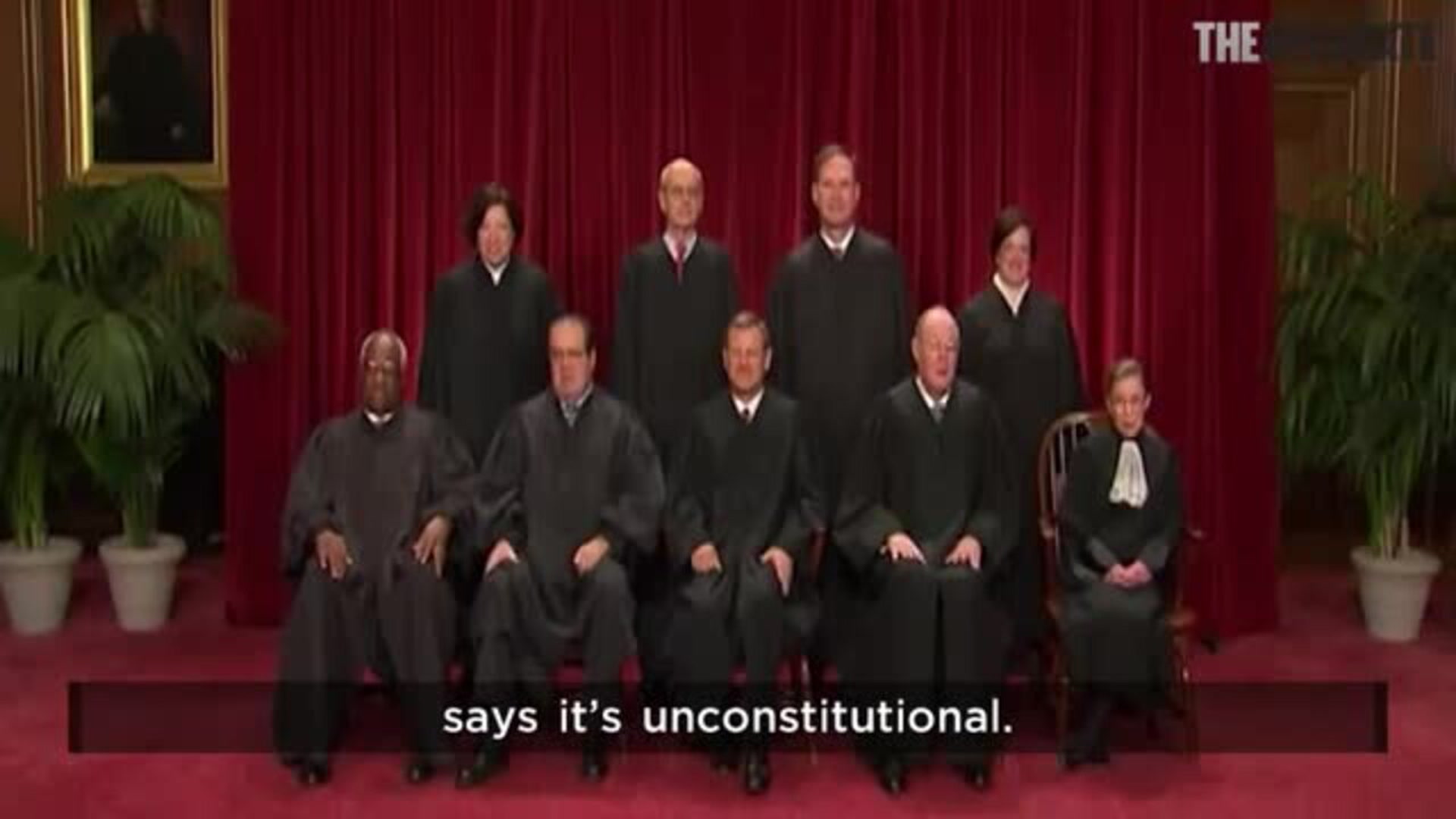The U.S. Department of Education and Department of Justice on Friday its most detailed guidelines to date explaining the obligations that schools receiving public funding have to their transgender students.
These obligations include respecting the gender identity of transgender students by using the student's preferred name and pronouns, and ensuring them access to sports teams, educational opportunities, and sex-segregated facilities that correspond with their gender identity, according to a letter sent Friday to public K-12 schools nationwide, as well as to colleges and universities that receive federal funding.
The "Dear Colleague" letter plainly defines a school's responsibilities to its trans students under Title IX of the Education Amendments of 1972, which prohibits discrimination on the basis of sex in schools that receive any public funding.
"This prohibition encompasses discrimination based on a student's gender identity, including discrimination based on a student's transgender status," reads the letter. It goes on to explain that the federal agencies consider a student's gender identity to be the sole determinant of that student's sex, for the purposes of Title IX protections.
"This means that a school must not treat a transgender student differently from the way it treats other students of the same gender identity," explains the letter, indicating that everyone has a gender identity, regardless of whether they identify as transgender or cisgender (nontrans).
The document further affirms that schools must use a student's preferred name and pronouns, regardless of what is listed on the student's official school records or government-issued identification. It notes that transgender individuals -- especially young people -- are frequently unable to attain updated legal documents, either because the state they live in does not allow such changes, because the student's parents or guardians are not supportive of their identity, or because updating such documents is often time-consuming, costly, and frequently not an option available to people under the age of 18.
The letter, signed by high-ranking officials in the departments of Justice and Education, does not change existing law, "but provides information and examples to inform [schools and administrators] about how the Departments evaluate whether covered entities are complying with their legal obligations," it explains.
As such, the letter is not legally binding, but builds on legal interpretations of Title IX's trans inclusions long advanced by the Obama Administration, and marks the most direct instruction the federal agency has provided to schools since it issued a (much shorter) memo on the same issue in 2014.
The guidance comes in the same week that U.S. Attorney General Loretta Lynch delivered a historic speech affirming the civil rights of transgender Americans, promising that the Department of Justice and the entire Obama Administration will use its full force to put a stop to anti-transgender discrimination. Lynch (pictured above with Education Secretary Arne Duncan) also announced during that speech that the DOJ had filed a federal civil rights lawsuit against North Carolina for its discriminatory law known as House Bill 2, which, among other things, bars transgender people from using restrooms and locker rooms in government-run spaces that correspond with their gender identity.
The letter goes on to define several basic terms regarding transgender identities, many of which have been widely misinterpreted in the wake of controversial laws in North Carolina and Mississippi, which bar transgender people from using public facilities that match their gender identities.
The draft letter's "terminology" section reads:
"Gender identity refers to an individual's internal sense of gender. A person's gender identity may be different from or the same as the person's sex assigned at birth.
Sex assigned at birth refers to the sex designation recorded on an infant's birth certificate should such a record be provided at birth.
Transgender describes those individuals whose gender identity is different from the sex they were assigned at birth. A transgender male is someone who identifies as male but was assigned the sex of female at birth; a transgender female is someone who identifies as female but was assigned the sex of male at birth.
Gender transition refers to the process in which transgender individuals begin asserting the sex that corresponds to their gender identity instead of the sex they were assigned at birth. During gender transition, individuals begin to live and identify as the sex consistent with their gender identity and may dress differently, adopt a new name, and use pronouns consistent with their gender identity. Transgender individuals may undergo gender transition at any stage."
Federal funding, including financial aid, is generally tied to a school's compliance with Title IX, except in cases where a school has obtained a waiver -- often seeking a religious exemption. As a condition of receiving those federal funds, schools must guarantee that they will not "exclude, separate, deny benefits to, or otherwise treat differently on the basis of sex" any student attending the institution.
The letter instructs that a school must accept and affirm a student's gender identity from the moment administrators are notified by the student's parent or guardian. This affirmation includes providing equal access to the appropriate sex-segregated activities and spaces, including locker rooms and bathrooms.
Crucially, the letter notes that schools may not require any student to undergo any clinical, surgical, or mental health treatment as a condition of the school accepting the student's affirmed gender identity. Schools must respect the student's gender identity (including name and pronouns), regardless of what that student's formal identification or school records indicate.
Further, the Department is clear that objections by other students, parents, or faculty to a transgender student's identity are not legally sufficient reasons to deny that student equal access. "The desire to accommodate others' discomfort cannot justify a policy that singles out and disadvantages a particular class of students," the letter notes.
In responding to such objections, the school cannot place the burden of special accommodation on the transgender student. Similarly, schools cannot require that only trans students use a single-stall, staff, or other restroom or changing facility. "A school may, however, make individual-user options available to all students who voluntarily seek additional privacy," the guidance instructs.
The letter goes on to outline common issues that schools and administrators may face when working to support transgender students, including ensuring a "safe and nondiscriminatory environment," using correct names and pronouns, protecting a transgender student's privacy (including their birth name and sex assigned at birth) and ensuring equal access to sex-segregated activities and facilities.
While Title IX does allow for sex-segregated facilities, athletic teams, housing, and in some cases, entire schools, the guidance is clear that transgender students are to be granted access to such spaces that correspond with their gender identity. Any failure to do so constitutes a violation of Title IX, and could result in disciplinary action, including the revocation of federal funds.







































































Charlie Kirk DID say stoning gay people was the 'perfect law' — and these other heinous quotes